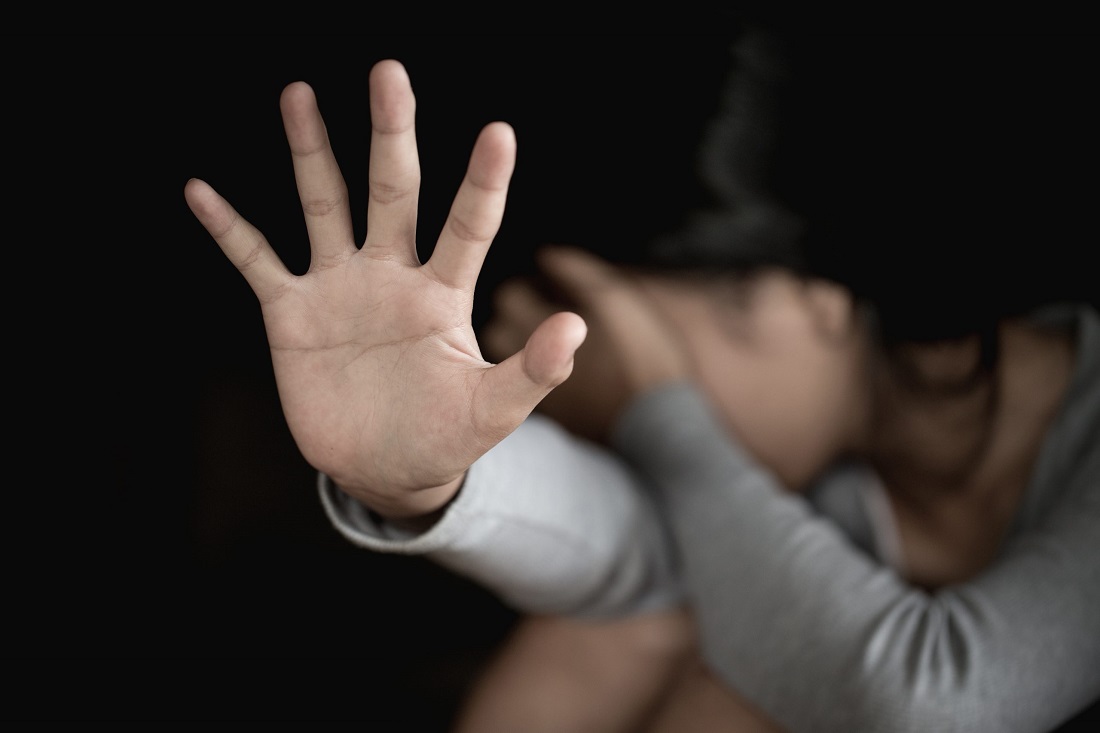26 teenagers have suffered various forms of violence during the coronavirus pandemic. Boys have been the victims of physical violence and girls have been the victims of sexual violence. The teens are yet to overcome the trauma they faced during the pandemic.
These findings were revealed at a programme organized at BRAC-in Center in the capital on Wednesday under the title 'Risk of Adolescents in the Context of Covid-19 and Changed Situation'. The study was conducted on 2,758 families in 26 upazilas of Gaibandha, Narail and Comilla from October 4 to November 17, 2021.
The study was jointly conducted by BRAC Institute of Governance and Development (BIGD) and GIZ Bangladesh and was powered by the German government's Ministry of Economic Aid and Development and the United Kingdom Office for Foreign Affairs, Commonwealth and Development (FCDO). The speakers stressed the need for concerted efforts of government and non-government organizations to address the risks of adolescents and fix what needs to be done in the future.
The study was conducted to analyze how Covid-19 has changed the lives of adolescents and to understand the situation of women and adolescents in the country in obtaining justice. As many as 3 thousand 139 teenagers took part in the survey. Two-thirds of them are girls. Covid-19 has a major impact on families' incomes, livelihoods and savings. There was also food shortage. Among these, the women of Gaibandha have been affected the most. About 29 percent of women skipped meals at least once a day.
According to the research report, younger adolescents are more likely to be victims of violence. 27 percent of 12- to 14-year-olds and 23 percent of those over 15 have been victims of violence.
According to the study, Covid-19 has an effect on the education of adolescents. Before Covid, 35 percent of adolescents studied for 3 to 5 hours every day. The study rate during the pandemic declined by 14 percent. 31 percent of students dropped out of school. Thirty-five percent of them said they were no longer interested in reading because of Kovid. And 16 percent said they could not afford to study. Teaching is going on on television and mobile phones during school hours. However, the families refrained from giving their mobile phones to the girls for fear that they might fall in love.
The issue of child marriage was researched with a small number of participants. It has been found that the gap between the rates of early marriage before and after the pandemic is very small.













-20260304091720.webp)






-20260303080739.webp)








-20260225072312.webp)





-20260228064648.jpg)
